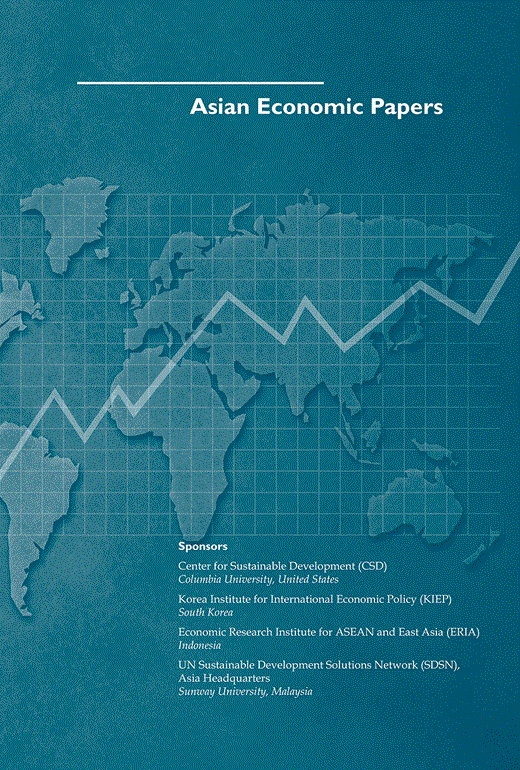傅晓青评新冠肺炎时代的电视工作者 日本
IF 5.3
3区 经济学
Q1 ECONOMICS
引用次数: 0
摘要
澳门大学傅晓青(Maggie):本文利用新冠肺炎大流行时期日本远程工作的独特调查数据集,调查远程工作对工人效率的影响以及远程工作效率的决定因素。这个话题及时而重要,因为持续的疫情使远程工作对业务连续性做出了更重要的贡献。这一发展在日本尤其重要。在危机之前,日本公司不愿意采用远程工作,尽管日本政府自2016年以来一直致力于将远程工作作为其劳工改革的一部分。研究结果表明,在新冠肺炎大流行期间,远程工作使工人效率降低了约20%。远程工作效率与远程工作经验、明确的任务、灵活的工作时间和良好的心理健康显著正相关。本文章由计算机程序翻译,如有差异,请以英文原文为准。
Xiaoqing (Maggie) Fu Comments on Teleworker Performance in the COVID-19 Era in Japan
Xiaoqing (Maggie) Fu, University of Macau: This paper uses a unique survey data set on telework in Japan in the era of the COVID-19 pandemic to investigate the impact of telework on worker efficiency and the determinants of teleworking efficiency. The topic is timely and important because the ongoing pandemic has made teleworking a more important contribution to business continuity. This development is important in Japan in particular. Prior to the crisis, Japanese firms were reluctant to adopt teleworking even though the Japanese government has campaigned since 2016 for the introduction of telework as part of its labor reforms. The findings suggest that during the COVID-19 pandemic, telework has reduced worker efficiency by around 20 percent. Teleworking efficiency is found to be significantly and positively related to telework experience, clearly specified tasks, flexible working time, and good mental health.
求助全文
通过发布文献求助,成功后即可免费获取论文全文。
去求助
来源期刊

Asian Economic Papers
ECONOMICS-
CiteScore
7.50
自引率
0.00%
发文量
16
期刊介绍:
The journal Asian Economic Papers (AEP) is supported by several prominent institutions, including the Center for Sustainable Development at Columbia University in the United States. This shows that there is a strong emphasis on sustainable development within the journal's scope. Additionally, the Korea Institute for International Economic Policy in South Korea, the UN Sustainable Development Solutions Network (SDSN) in Malaysia, and the Economic Research Institute for ASEAN and East Asia in Indonesia also sponsor AEP. The articles published in AEP focus on conducting thorough and rigorous analyses of significant economic issues pertaining to specific Asian economies or the broader Asian region. The aim is to gain a deeper understanding of these issues and provide innovative solutions. By offering creative solutions to economic challenges, AEP contributes to the discourse and policymaking that impact the Asian economies and region as a whole.
 求助内容:
求助内容: 应助结果提醒方式:
应助结果提醒方式:


